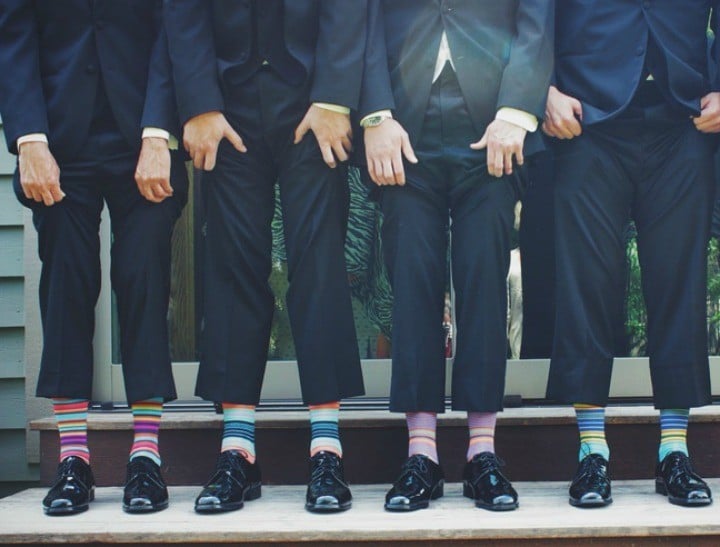
They are the stuff of legends (well, book and movie plots) when males are young.
The narratives surrounding coming of age friendships. Long summer holidays, boredom, a mystery, boys on bikes, secrets, discoveries, the first sting of adulthood.
But what happens when those wonder year boys grow up? Do they take the strong friendships with them, or do they leave them behind?
A UK study released recently found one in eight men had no friends to turn to if they needed to discuss serious issues such as worries about money, health or work, and that a man’s chance of friendlessness trebled between the early 20s and late middle age.
Basically, men in their 20s have the most amount of friends they will have as an adult, and the number of friends a man has drops sharply with the decades.
The men’s cancer fundraising charity, Movember UK also found married men have the lowest support outside the home, with 15 per cent of married men saying they have no close friends to turn to compared to 11 per cent of single men. This figure is not the same for long term men who co-habit (they are more likely to have friends to turn to than their married counterpart) meaning that marriage, not co-habiting, makes a difference in male-on-male friendships.
Which begs the question: are married men more inclined to rely on their wife to fill the roles of both lover and friend?
In a study the University of Oxford released earlier this year, scientists examined around 112,000 Facebook profile pictures from nine world regions and found women prefer more intimate relationships, while men prefer groups and there is a “universal and fundamental difference in the function of close friendships for the two sexes”. And there are “quality-quantity trade-offs suggest [ing] a universal and fundamental difference in the function of close friendships for the two sexes”.






























































































